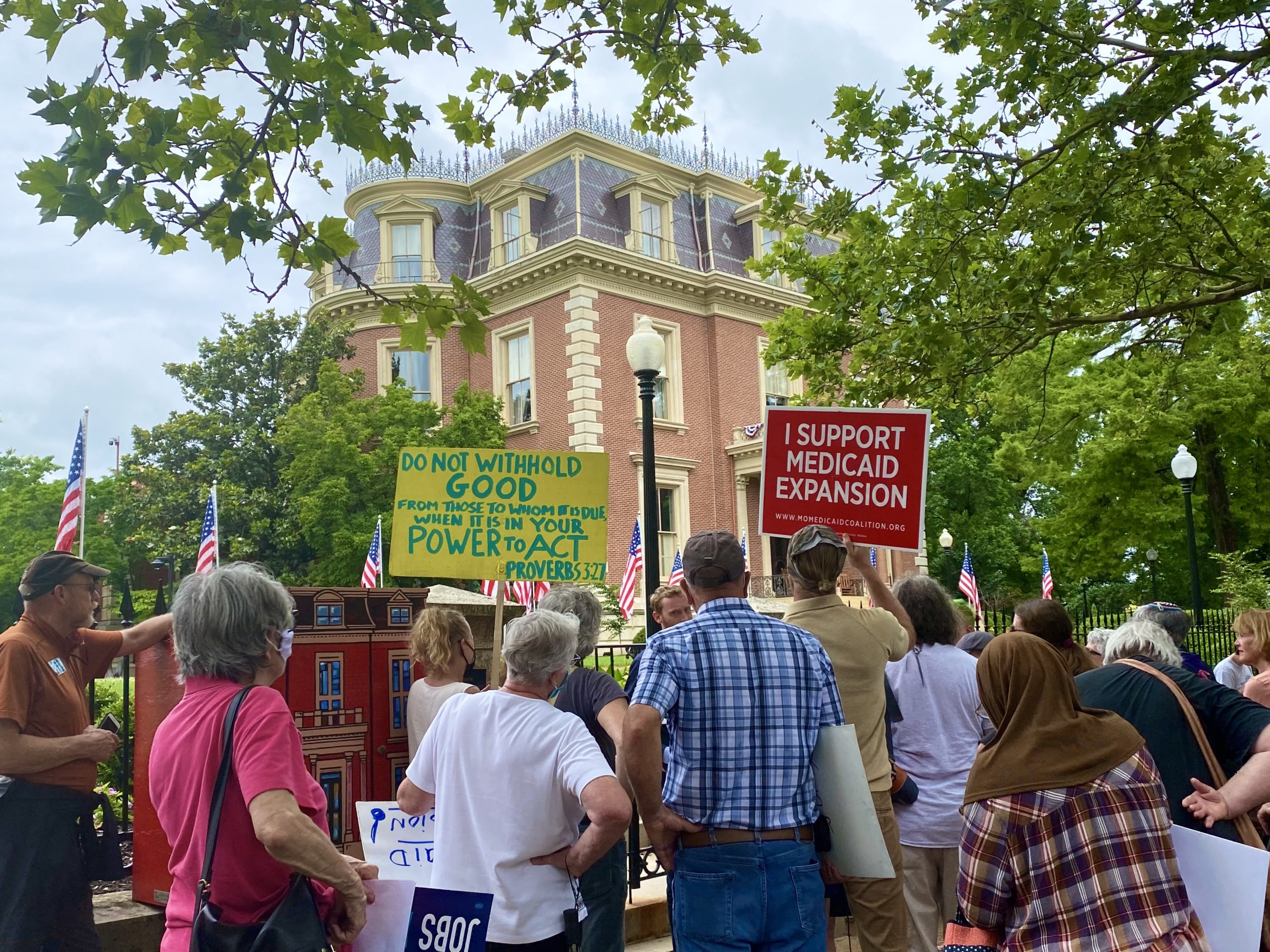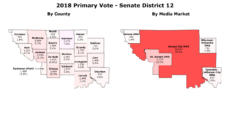JEFFERSON CITY, Mo. — More than 4,000 Missourians have been enrolled in the expanded Medicaid program so far, according to the Department of Social Services (DSS).
Kirk Mathews, chief transformation officer of the MO HealthNet Division, said around 4,300 new recipients had been enrolled in the program as of Tuesday. The division began entering new enrollees Friday morning.
“There are still pending applications in the queue that are being evaluated for their eligibility determination,” Mathews said. “What the next few months look like is unknown. We don’t know how rapid the take-up will be or where those numbers will settle in, but that’s where we are to date.”
More than 17,000 Missourians had applied for the expanded program by Monday, according to the federal health department. The voter-approved expansion opened up MO HealthNet to about 275,000 individuals in Missouri, covering single individuals who make less than $18,000 per year or a family of four who makes up to $36,750 per year. It was delayed in implementation as courts decided whether the amendment was constitutional, finally opening enrollment more than a year after it appeared on the ballot.
Mathews appeared before the Senate Interim Committee on Medicaid Accountability and Taxpayer Protection Thursday morning to provide an update on Medicaid transformation initiatives in the works at the division.
An initiative in the earliest stages of development would create a “hospital health hub” to create additional revenue streams for rural hospitals in addition to their health care. Mathews said the initiative would center around social determinants of health and value-based payments, but noted it would be a complicated process.
The division also plans to address out-of-state payment issues and rebase its hospital base rate. The current rate was put in place in 1995, according to Mathews, forcing the division to make up for inflation through an add-on payment calculated through the estimated number of Medicaid days spent in that facility. Mathews said the method caused the state to overpay year after year, an issue an updated base would likely solve.
Other plans would see a streamlined Medicaid beneficiary support program, the ability to use an online portal rather than having to pay via a paper check, and a rework to the division’s digital capabilities, changes Committee Chair Bill White said were a long time coming.
“We’re in a computer age and we need to have our Medicaid system work properly,” White said. “We need to have the proper tools and not be running on archaic systems that just don’t talk to each other, that can’t handle new things that come up.”
White said the committee’s next report would recommend the executive branch consider funding for MO HealthNet’s computer systems across the board.
The committee was established this summer following the standoff over the state’s federal reimbursement allowance (FRA), which collects a tax from health care providers and matches the funds to pay for the MO HealthNet program. Senate leadership formed the committee to address the concerns of a band of conservative members who opposed the use of Medicaid funds for abortion providers and draft recommendations to continue the “protection of unborn life” in the state.
The committee approved its first of two reports last month, recommending statutory and regulatory changes to the evaluation of Medicaid funding for abortion providers and related entities by DSS and the Department of Health and Senior Services (DHSS).

Cameron Gerber studied journalism at Lincoln University. Prior to Lincoln, he earned an associate’s degree from State Fair Community College. Cameron is a native of Eldon, Missouri.
Contact Cameron at cameron@themissouritimes.com.






























